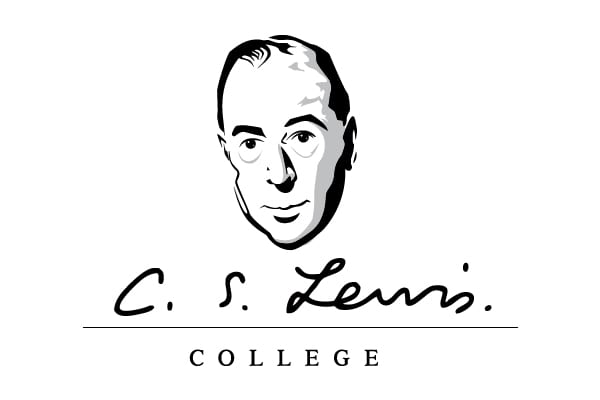Christian Thinkers 101: A Crash Course on C. S. Lewis
April 5th, 2016 By Kenneth R. Samples

In the last decade a slew of Narnia movies were released in theaters and, though C. S. Lewis has been gone more than 50 years, his books are still as popular as ever. He’s the famous atheist-turned-Christian, but what exactly did he believe and what did he contribute to Christianity? Here’s your crash course on the life and accomplishments of C. S. Lewis—and why he still matters today.
Who Was C. S. Lewis?
C. S. Lewis (1898–1963) was an Irish-born Anglican thinker and author who taught English literature at both Oxford and Cambridge Universities. Lewis served in the English Army during World War I and converted from atheism to Christianity when he was in his early 30s. During World War II, Lewis presented talks on the BBC radio station titled “The Case for Christianity.” Lewis was a member of the famous Inklings literary discussion group at Oxford University that also included such distinguished authors as Charles Williams, Owen Barfield, and J. R. R. Tolkien. He was married late in life to Joy Davidman Gresham whose death from cancer led Lewis to write the book A Grief Observed. Lewis died on November 22, 1963, the same day as the deaths of President John F. Kennedy and author Aldous Huxley.
What Did C. S. Lewis Write?
Lewis is well known for his extremely popular fictional writings, like the children’s series The Chronicles of Narnia as well as his science fiction series The Space Trilogy. But perhaps his two most important apologetics-related books are Mere Christianity and The Problem of Pain. In the first he explains and defends the basic (or common) truths of Christianity whereas in the second he tackles the monumental challenge of pain, suffering, and evil.
What Did C. S. Lewis Believe?
C. S. Lewis was an orthodox Anglican, yet he was well known for emphasizing the common ground that all Christians share. Arguably, Lewis’s three most important ideas or arguments for the God of Christian theism are the following:
-
Argument from desire: A man’s longing for meaning and transcendence in life is best explained as a pointer to God and to the reality of an unseen world.
-
Argument from reason: The source and foundation of reason cannot be explained through atheistic naturalism; reason instead points to God as the Source.
-
Moral argument: The human conscience and the existence of objective moral laws reveal a moral Lawgiver.
These three apologetics arguments are part of Lewis’ overall cumulative case in attempting to show that Christianity is the best explanation of reality.

Why Does C. S. Lewis Matter Today?
Some conservative evangelicals criticize Lewis for viewing Scripture as less than biblically inerrant, and for embracing a view of creation that was something similar to theistic evolution. And, yes, there is some merit to these criticisms. However, Lewis is widely considered the most popular Christian writer and apologist of the twentieth century. His book Mere Christianity was voted the most important Christian book of that century, and his Chronicles of Narnia series is among the bestselling fictional books in history. Maybe Lewis’ greatest legacy, however, is the large number of people who have been attracted to Christianity because of his writings—as well as the many Christians who have taken up the role of Christian thinker and apologist because of him.
Original article can be found here:
http://www.reasons.org/blogs/reflections/christian-thinkers-101-a-crash-course-on-cs-lewis#.VwPvODibIDw.facebook


